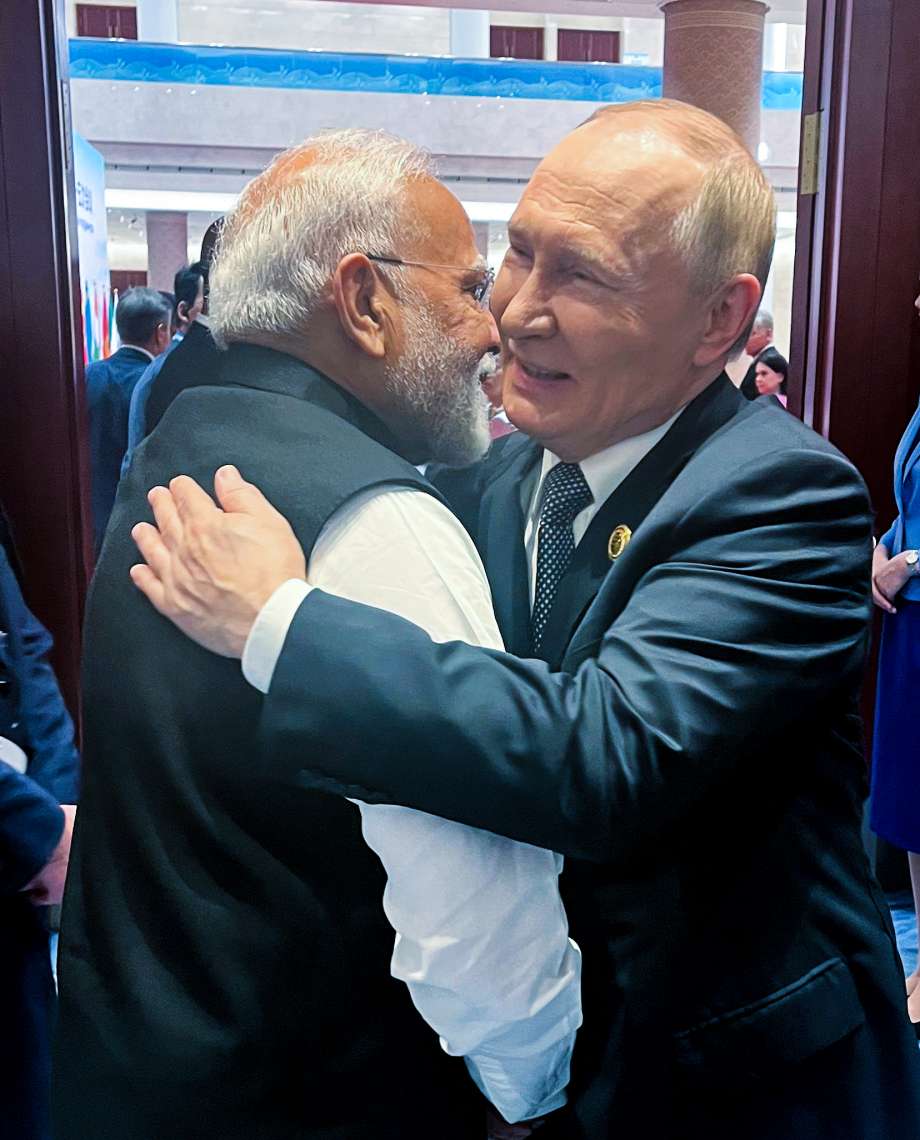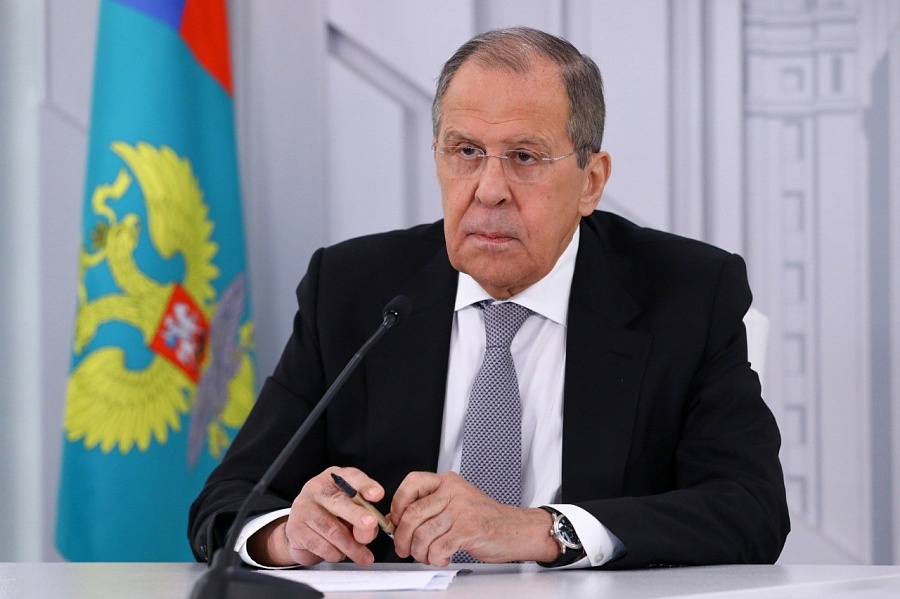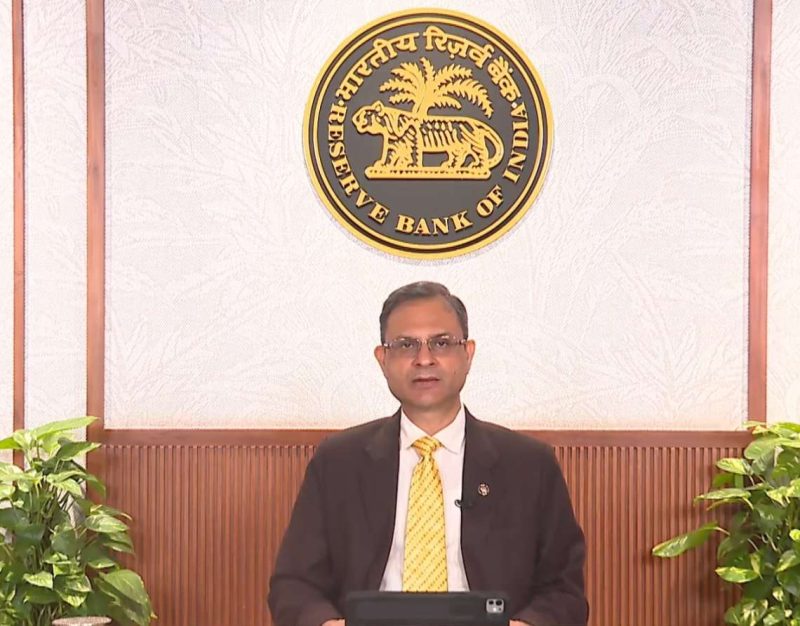An expected rise in domestic petrol, diesel and fertiliser prices might require excise duty cuts to dampen the impact on the economy…reports Rohit Vaid
The Russia-Ukraine war is expected to dent India’s GDP growth as well as demand recovery.
The crisis has led to a global spike in international prices of crude oil, natural gas, coal, nickel, copper, aluminium, titanium and palladium.
The high commodity costs will impact manufacturing and infrastructure sectors, which are key contributors to growth and job creation.
Already, the manufacturing sector is reeling under expensive commodities costs due to a rise in their international demand and supply constraints.
Moreover, India is a major importer of these precious as well as industrial commodities.
Besides, lower manufacturing growth will have a direct bearing on the country’s GDP growth as well as job creation.
“We had expected India’s GDP to grow by 8 per cent in FY2023, boosted by a low base in H1, albeit contingent on the government’s budgeted Capex kicking off early,” said Aditi Nayar, Chief Economist, ICRA.
“However, protracted geopolitical tensions and high commodity prices pose large downside risks, with margin compression set to squeeze value-added growth during the period of the conflict, and price rises to compress disposable income,” Nayar added.
Earlier, the seasonally adjusted IHS Markit India Manufacturing Purchasing Managers’ Index (PMI) report for February noted a further increase in average input costs faced by Indian manufacturers.
It said that purchase price inflation was sharp but softened to a six-month low. Part of this additional cost burden was passed on in the form of higher selling charges, though the rate of increase was modest.
An expected rise in domestic petrol, diesel and fertiliser prices might require excise duty cuts to dampen the impact on the economy.
However, the move might cost the Centre up to Rs 90,000 crore of tax revenues on just fuel excise duty cut, which will impact its ability to incur the FY23 budgeted Capex.

“If the government goes ahead with an excise duty cut to ease fuel prices, it could further push up the fiscal deficit of the Union government and lead to a further rise in interest rate, which is already at 6.8 per cent (March 10, 2022),” said Paras Jasrai, Analyst, India Ratings and Research.
“As a result, the Centre might have to trim its Capex plans. The 10-year SDL yields have also climbed up to 7.24 per cent in the recent auctions of March 8, 2022. Higher cost of borrowing would deter the Capex plans of the states to maintain their limits on the fiscal deficit,” Jasrai added.
ALSO READ-Russia-Ukraine crisis to take hit on India’s manufacturing sector














